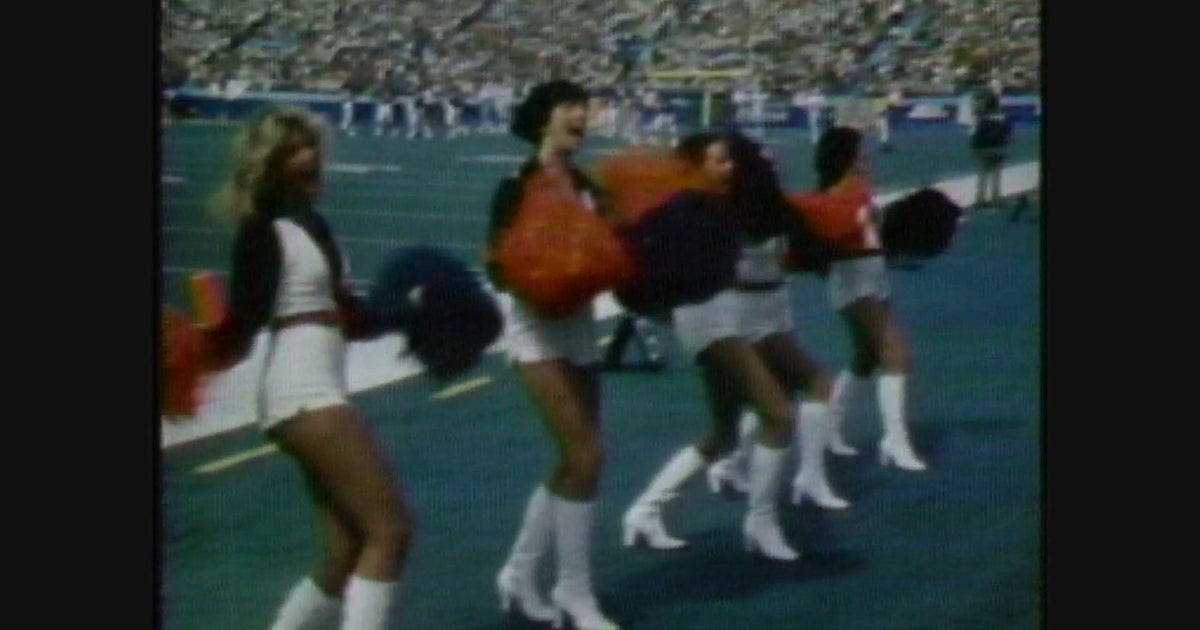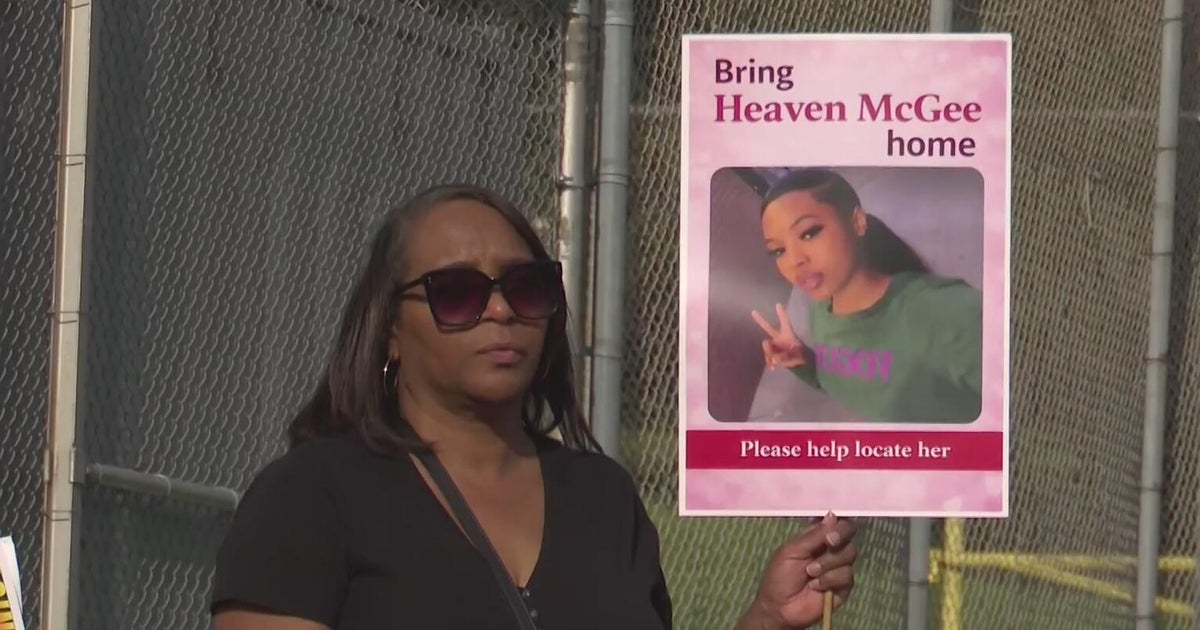Searching For The Triple Crown: Can American Pharoah End The Drought?
By Ryan Mayer, CBS Local Sports
1978.
That year, for those who follow horse racing, is well known as the last time we saw a horse take home all three legs of the Triple Crown. That year Affirmed held off Alydar in all three legs to become the third horse in five years to do it following Seattle Slew (1977) and Secretariat (1973). At the time, it must have seemed like a tradition to have a horse win once every couple of years.
It's been 37 years since then. We've seen our fair share of close calls. You can list them off as you go: Big Brown (2008), Smarty Jones (2004), War Emblem (2002), Silver Charm (1997), etc. All have come close, all have been left wanting for one reason or another. American Pharoah is the latest horse to make a bid, after winning by seven lengths on a muddy track in Maryland this weekend.
As with any drought, those of us in the media or fans of the sport have to come up with theories and opinions as to why the desired result hasn't been achieved. With this in mind, I decided to ask a couple of experts on the sport that could give their own insights into why we haven't seen a Triple Crown winner in so long.
"Thoroughbred horses are bred for speed not stamina now," said Bob Ford of the Philadelphia Inquirer via email, confirming the same reasoning that Andrew Beyer from Daily Racing Form used in trying to answer the question. However, Ford believes that the demanding schedule of one race every two weeks has a part to play. "The Triple Crown series is such that few can hold up and run their best races during it."
John Imbriale, long-time track announcer for Aqueduct, agrees, likening the way horses are bred and trained today with the way that pitchers in baseball have changed. "Pitchers used to pitch every four days. And for whatever reasons, I'm sure there are many for those athletes, like the equine athletes. They don't run as much," said Imbriale in a phone interview. "Top horses now if we're lucky they run once a month. Now they're being asked to run three times in six weeks against the top competition of their generation."
Tom Durkin, the longtime track announcer at Belmont Park along with the Breeder's Cup and Kentucky Derby, believes there's also a large element of luck that plays into these races. "Luck, fate, the general nature of horse racing," said Durkin. "We would not be having this conversation if: Silver Charm had seen Touch of Gold (given the greatest ride I ever saw) in the Belmont, if Big Brown doesn't twist off his shoe on the first turn or if Smarty Jones isn't forced to run a third quarter in 22:3."
There's one other question that always pops up surrounding the races after a horse loses their bid for the sport's highest prize. Is it fair for horses to only run one of the legs? Should they be required to race in all three? Both Ford and Durkin emphatically say no.
"I don't think you can require a horse to run all three legs of the Triple Crown. If you did, then, by the time of the Belmont, we might see fields with just two or three horses in it. I don't think anyone wants that," said Ford.
Durkin was even more emphatic. Calling it "A silly notion not worthy of comment."
As for this year's horse attempting to make history? Both Ford and Durkin believed that Pharoah looked tired in the Derby when he was barely able to hold off Firing Line by a length. That was before the horse went out and dominated the field in the Preakness by 7 lengths. However, after the second jewel was won, trainer Bob Baffert expressed the same sentiment. A tired horse going up against horses that have rested in between the Derby and Belmont, or new entries into the field could spell trouble for the Triple Crown hopes.
What will it take for American Pharoah to win horse racing's biggest prize? "Nobody really knows, not even the trainers know how the horse is going to respond to the distance," said Imbriale. "It's the first and last time they'll run that mile and a half."
Pharoah has won the Derby and Preakness in vastly different styles, once coming from the pack and then by going wire-to-wire in Baltimore. Which style will suit him better with the longer track? "It's probably just a major plus for him to have run both styles of races," said Imbriale. "I think the race will dictate what Victor Espinoza will do."
The eyes of the sports world will be firmly focused on American Pharoah and his bid to make history. If Belmont proves to be too much once again, well, there's always next year.
Correction: An earlier version of this article incorrectly named The Daily Racing Forum's Andrew Beyer as Al Beyer.
Ryan Mayer is an Associate Producer for CBS Local Sports. Ryan lives in NY but comes from Philly and life as a Philly sports fan has made him cynical. Anywhere sports are being discussed, that's where you'll find him. Agree/Disagree? Thoughts, comments, complaints? Email him.







